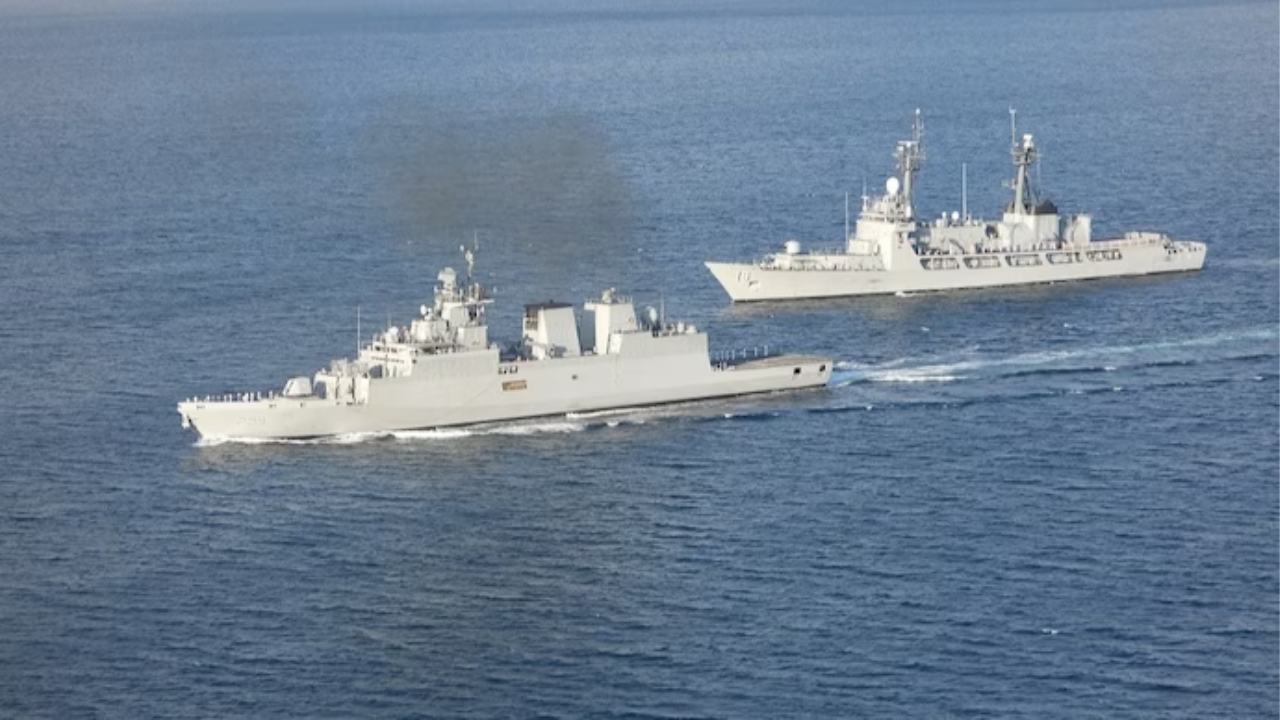In response to the escalating attacks on commercial ships traversing the Red Sea, Gulf of Aden, and Arabian Sea, the Indian Navy announced on December 31 that it has significantly heightened maritime surveillance efforts in the Central and North Arabian Sea. The move comes as a proactive measure to counteract potential threats and protect vital sea lanes.
Task Groups, comprising destroyers and frigates, have been strategically deployed to conduct maritime security operations and offer assistance to merchant vessels in the event of any incident, according to a statement released by the Indian Navy. This initiative aims to safeguard maritime interests and ensure the safety of commercial shipping in the region.
“Aerial surveillance by long-range maritime patrol aircraft and Remotely Piloted Aircraft (RPA) has been enhanced to have a complete maritime domain awareness,” the Navy stated, emphasizing the comprehensive approach adopted to monitor and respond to potential threats.
The Navy’s decision to bolster its maritime presence comes in the wake of recent incidents, including the hijacking of the m.v. Ruen approximately 700 nautical miles off the Indian coast and a drone attack on m.v. Chem Pluto around 220 nautical miles southwest of Porbandar. These events have raised concerns and indicated a notable “shift” in maritime incidents closer to the Indian Exclusive Economic Zone (EEZ).
The deployment of destroyers, frigates, and advanced surveillance aircraft underscores India’s commitment to maintaining regional maritime security. By enhancing its maritime domain awareness and response capabilities, the Indian Navy aims to not only protect its own interests but also contribute to the overall safety and security of international shipping lanes in the strategically significant waters surrounding the Indian subcontinent.
As the threat landscape evolves, the Indian Navy remains vigilant, continuously adapting and reinforcing its capabilities to address emerging challenges and uphold the maritime stability of the region. The move is expected to strengthen collaboration with regional partners in ensuring the safety and security of vital maritime trade routes.




